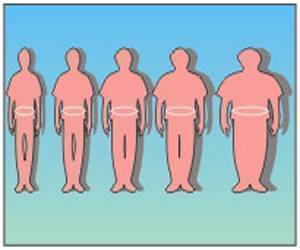Global obesity problem may be curbed if authorities implement taxes based on a particular dose of an ingredient, like sugar or calories.

The research team drew comparisons between taxing tobacco, alcohol and sugary drinks, using South Africa as a case study. The results of tobacco tax suggest that taxing by the number of cigarettes is the best approach. In case of alcohol and sugary drinks, this would mean taxing by the volume. This dose approach to taxation has been effective at reducing the consumption of alcohol in South Africa, reducing the amount of alcohol consumed in beer by 12% since 1998.
Blecher said, "This is not that different from the conceptual understanding of carbon taxes, the idea is to tax the dose of the pollutant to incentivize consumers and producers to use better technologies to reduce carbon."
The study appears in Social Science & Medicine.
Source-IANS










